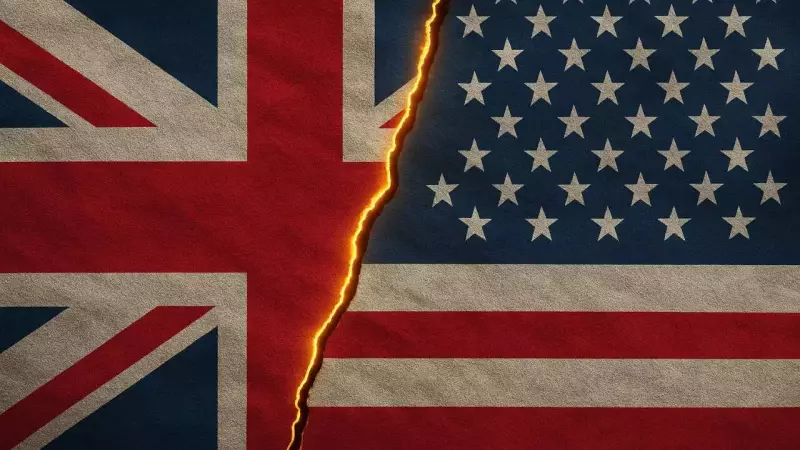
In a dramatic move signalling a significant diplomatic rift, the United Kingdom has temporarily suspended a crucial part of its intelligence-sharing agreement with the United States. This decision comes as a direct response to a series of deadly US military strikes on boats near Venezuela, which have resulted in over 70 fatalities.
A 'Firewall, Not a Divorce' in Intelligence Cooperation
Confirmed by multiple diplomatic sources, the UK government has frozen the exchange of specific intelligence data related to suspected drug-trafficking vessels in the Caribbean. This information, which includes vessel coordinates, surveillance imagery, and communications intercepts, has been a cornerstone of joint efforts to combat maritime smuggling. The suspension was triggered by deep-seated British concerns that the American operations, which have seen 14 strikes since September, may amount to extrajudicial killings and violate international humanitarian law.
Officials in London fear that by continuing to provide intelligence that could be used for lethal targeting, Britain could be seen as complicit in these potentially unlawful acts. While Downing Street did not explicitly deny the reports, a spokesperson declined to comment on intelligence matters, stating that questions of legality are for competent international courts—a remark widely interpreted as a subtle rebuke of Washington's justifications.
Legal and Moral Alarm Over US Campaign
The US campaign, spearheaded by War Secretary Pete Hegseth, has targeted vessels allegedly connected to narcotics terrorism. Washington maintains that these strikes were defensive actions taken in international waters. However, this position has been strongly contested. The UN human rights chief, Volker Türk, has condemned the operations, labelling them as extrajudicial killings. Similarly, Venezuela's government has denounced them as acts of murder and aggression against a sovereign state.
The UK's decision to impose a limited intelligence freeze demonstrates a clear alignment with these international concerns. It is a strategic move to distance itself from actions that are viewed as legally and ethically indefensible, marking one of the sharpest public disagreements between the two allies in decades.
Diplomatic Strains Ahead of Key G7 Summit
Despite the tension, analysts are quick to point out that this is a partial suspension and not a complete break in the intelligence relationship. Key channels, including those under the Five Eyes alliance and NATO, remain fully operational. The freeze applies narrowly to maritime surveillance and targeting intelligence linked specifically to US operations in the Caribbean. A senior UK defence adviser described the pause as "a firewall, not a divorce," indicating a desire to maintain the broader alliance while asserting independence on matters of military ethics.
The revelation of this suspension comes at a sensitive diplomatic moment, just days before Foreign Secretary Yvette Cooper is scheduled to meet US Secretary of State Marco Rubio at the G7 foreign ministers' summit in Canada. This timing has intensified speculation about a growing chill in the transatlantic partnership. While the UK government reiterates that the US remains its closest partner on defence and security, it has refused to confirm when intelligence sharing might resume, firmly stating that the UK will uphold international law in all its cooperation agreements.





